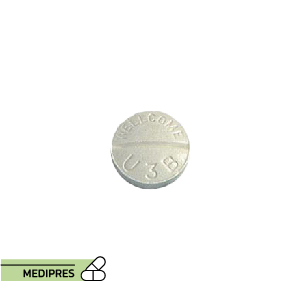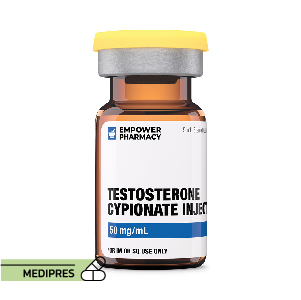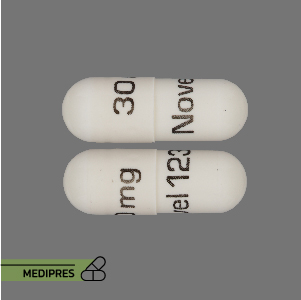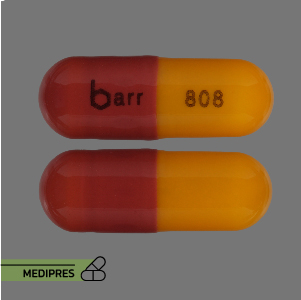
Testosterone injection
23 June, 2023
Thiothixene
23 June, 2023Thioguanine
Generic name: thioguanine [ THYE-oh-GWA-neen ]
Brand name: Tabloid
Dosage form: Tablet
Drug class: Antimetabolites
Route of administration: Oral
Dose: 40 mg
Mechanism of action: Thioguanine is a purine analog that interferes with DNA and RNA synthesis by incorporating itself into the DNA and RNA strands of rapidly dividing cells. It also inhibits purine metabolism, leading to the suppression of cell proliferation, particularly in malignant cells. This cytotoxic effect is essential for treating certain types of cancer.
Drug usage cases: Thioguanine is primarily used in the treatment of acute myeloid leukemia (AML) and sometimes for chronic myeloid leukemia (CML). It may also be used in combination with other chemotherapy drugs in cancer treatment protocols.
Drug contraindications: Contraindicated in patients with hypersensitivity to thioguanine or any of its components. It should not be used in patients with severe liver impairment or those with a history of resistance to thiopurine analogs, such as mercaptopurine.
Side effects: Common side effects include bone marrow suppression (leading to anemia, leukopenia, and thrombocytopenia), nausea, vomiting, and liver toxicity. Serious side effects can include hepatotoxicity (particularly veno-occlusive disease), increased risk of infections due to immunosuppression, and gastrointestinal toxicity.
Warnings: Thioguanine can cause severe bone marrow suppression, leading to a heightened risk of infections, bleeding, and anemia. Liver function should be closely monitored due to the risk of hepatotoxicity. It may also increase the risk of secondary malignancies with prolonged use. Thioguanine has a narrow therapeutic index, and dosage adjustments may be necessary in patients with genetic variations (such as TPMT deficiency) that affect drug metabolism.
Use during pregnancy or breastfeeding: Thioguanine is classified as a pregnancy category D drug. It can cause harm to the fetus, including congenital malformations and fetal death, and should not be used during pregnancy unless necessary. Women of childbearing potential should use effective contraception during treatment. It is unknown if thioguanine is excreted in human milk, so breastfeeding is not recommended during treatment due to the potential for serious adverse effects in the nursing infant.



